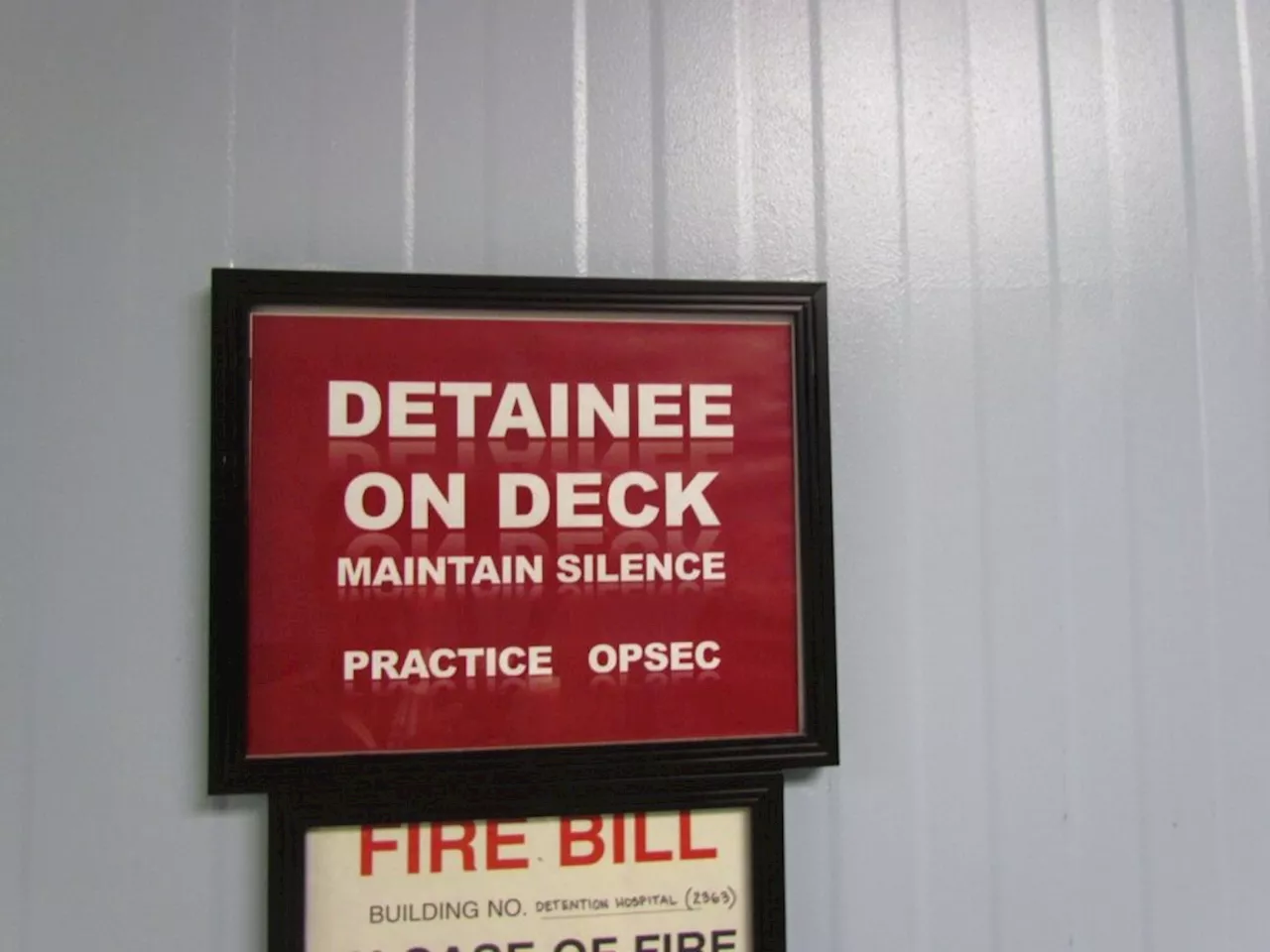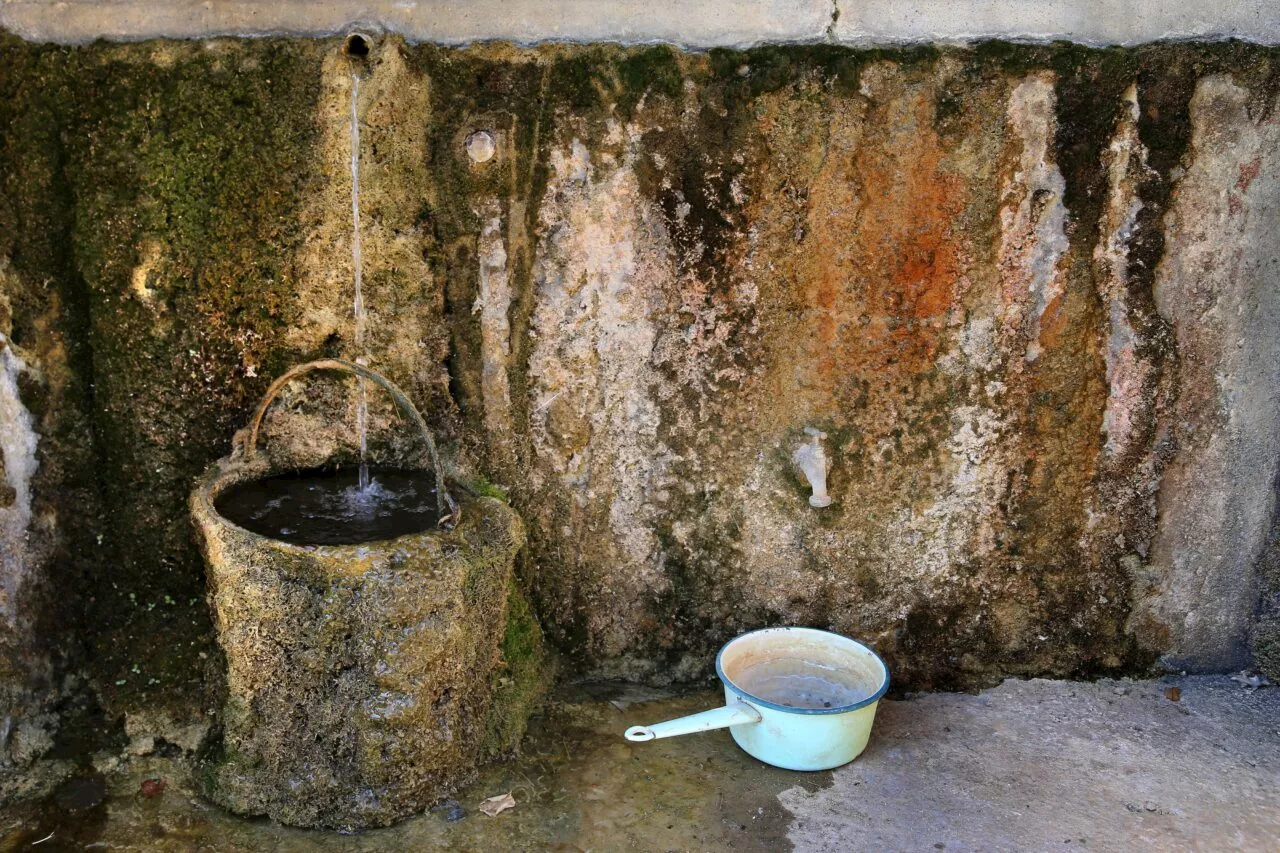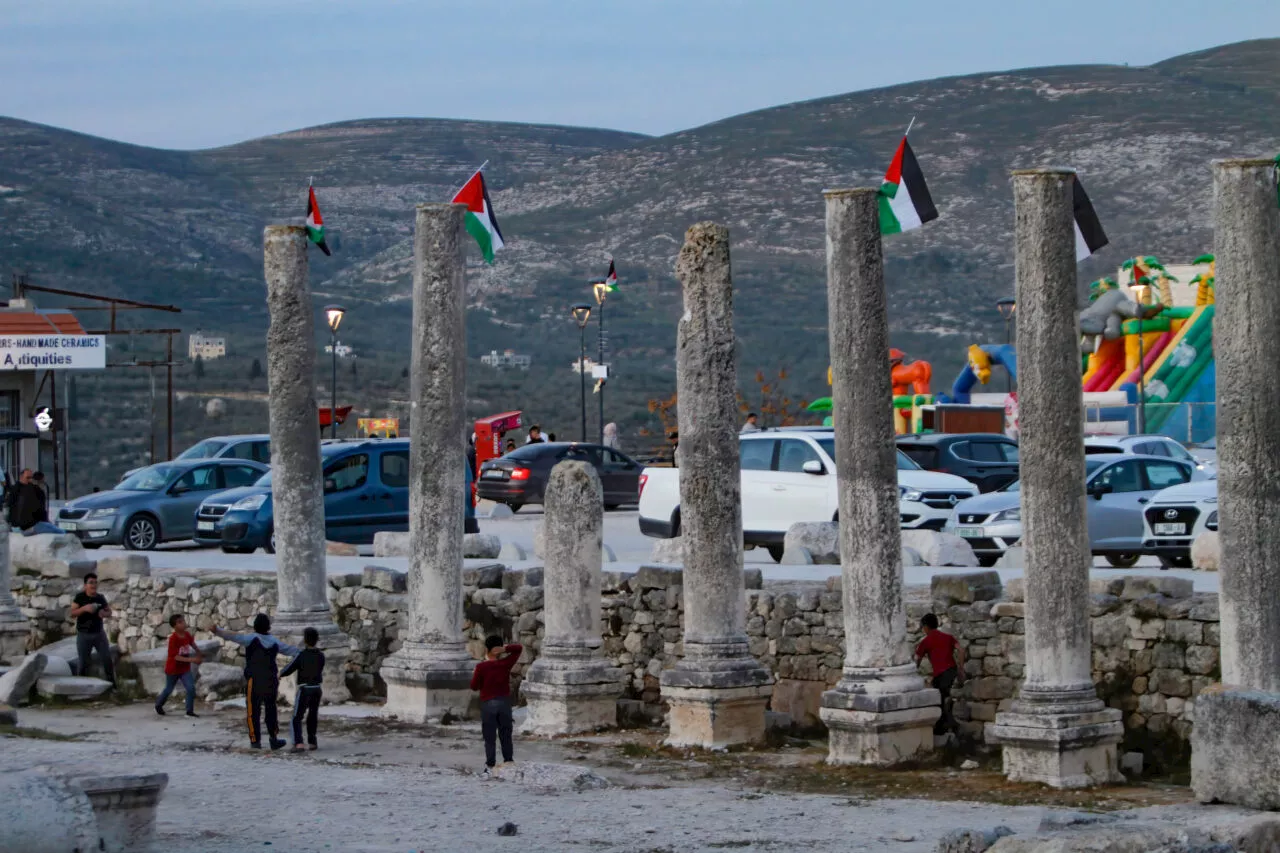This article delves into the diverse fields of anthropological research, highlighting how scholars are examining issues ranging from primate evolution and colonialism's legacy to the power of laughter and the struggles of displaced communities.
Many museums are grappling with the colonial legacies embedded in their collections of human remains and cultural objects. Now, anthropologists are calling for similar respect to be extended to primates. Recent research has uncovered how the last common primate ancestors typically gave birth to twins until evolutionary pressures shifted the preference towards singletons. This change was likely driven by the advantages of birthing larger, brainier offspring.
In Northeast India, a controversial hydropower dam is nearing completion, causing significant uncertainty for downstream dwellers who depend on the river for their livelihoods. Meanwhile, in the midst of Israel's ongoing war in the region, a Palestinian archaeologist is urgently working to assess archaeological sites in the West Bank that have been devastated by destruction and looting. The power of laughter is explored by an anthropologist, revealing it to be a far more complex phenomenon than simple delight. Laughter, the scholar suggests, possesses a surprising ability to both disturb and disrupt. In other parts of the world, a translator's notes are transformed into a poem demanding justice for Indigenous peoples in the Philippines displaced by a megadam. A themed collection of poems scrutinizes contours of power, critiquing colonialism, environmental destruction, and social violence while simultaneously reimagining the landscape of possibilities. An anthropologist and poet reflects on a journey of return, weaving a narrative about human connection, Indigenous solidarity, and the potential for healing within anthropology.
Anthropology Anthropology Primate Evolution Colonialism Cultural Heritage Laughter Displacement Justice
United States Latest News, United States Headlines
Similar News:You can also read news stories similar to this one that we have collected from other news sources.
 Predatory online groups: When the adolescent search for meaning goes awry.Predatory online groups exploit teens’ need for belonging, grooming them into self-harm. Without real initiation rites, adolescents may seek meaning in dangerous places.
Predatory online groups: When the adolescent search for meaning goes awry.Predatory online groups exploit teens’ need for belonging, grooming them into self-harm. Without real initiation rites, adolescents may seek meaning in dangerous places.
Read more »
 Shaboozey Reacts to Google Search Page Tilting When You Search His NameCountry singer Shaboozey playfully commented on the Google search engine's unique feature that tilts the search results page when searching his name. He expressed amusement at fans' reactions, assuming their phones were malfunctioning, and praised the Google team for their creative idea.
Shaboozey Reacts to Google Search Page Tilting When You Search His NameCountry singer Shaboozey playfully commented on the Google search engine's unique feature that tilts the search results page when searching his name. He expressed amusement at fans' reactions, assuming their phones were malfunctioning, and praised the Google team for their creative idea.
Read more »
 Anthropology: Exploring the World, Understanding OurselvesA collection of anthropological explorations across diverse fields and cultures, illuminating pressing issues, challenging perspectives, and celebrating human resilience.
Anthropology: Exploring the World, Understanding OurselvesA collection of anthropological explorations across diverse fields and cultures, illuminating pressing issues, challenging perspectives, and celebrating human resilience.
Read more »
 Anthropology Explores a World of Change and ConnectionThis collection of news stories highlights the diverse ways anthropologists are studying and understanding the world around us. From exploring the economic autonomy of Indigenous communities in the Amazon to deciphering the complexities of political polarization in the US, these stories reveal the power of anthropological inquiry to illuminate pressing social, cultural, and environmental issues.
Anthropology Explores a World of Change and ConnectionThis collection of news stories highlights the diverse ways anthropologists are studying and understanding the world around us. From exploring the economic autonomy of Indigenous communities in the Amazon to deciphering the complexities of political polarization in the US, these stories reveal the power of anthropological inquiry to illuminate pressing social, cultural, and environmental issues.
Read more »
 Exploring the Complexities of Human Experience and Culture Through AnthropologyThis collection of news articles showcases the diverse and impactful work being done by anthropologists around the world. From examining the intersection of war and archaeology to uncovering the cultural significance of laughter and dragon fruit cultivation, these stories illuminate the human condition in all its complexity.
Exploring the Complexities of Human Experience and Culture Through AnthropologyThis collection of news articles showcases the diverse and impactful work being done by anthropologists around the world. From examining the intersection of war and archaeology to uncovering the cultural significance of laughter and dragon fruit cultivation, these stories illuminate the human condition in all its complexity.
Read more »
 Anthropology and Archaeology Explore Complexities of Human ExperienceThis collection of news articles highlights diverse anthropological and archaeological research projects around the world. The pieces delve into topics such as the impact of war on cultural heritage, the power of laughter, the experiences of Indigenous communities, the politics of museum collections, and the complexities of human diversity.
Anthropology and Archaeology Explore Complexities of Human ExperienceThis collection of news articles highlights diverse anthropological and archaeological research projects around the world. The pieces delve into topics such as the impact of war on cultural heritage, the power of laughter, the experiences of Indigenous communities, the politics of museum collections, and the complexities of human diversity.
Read more »
